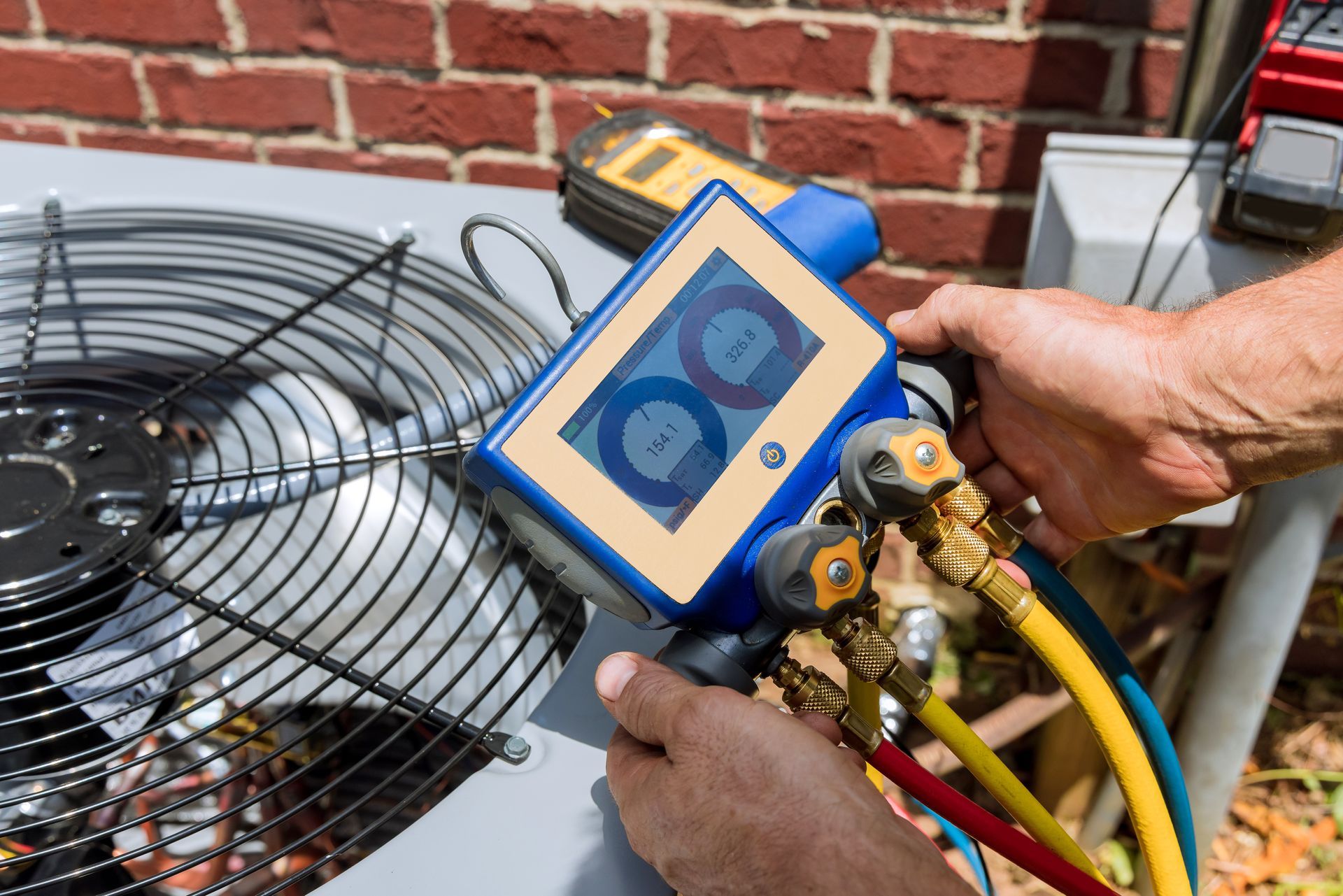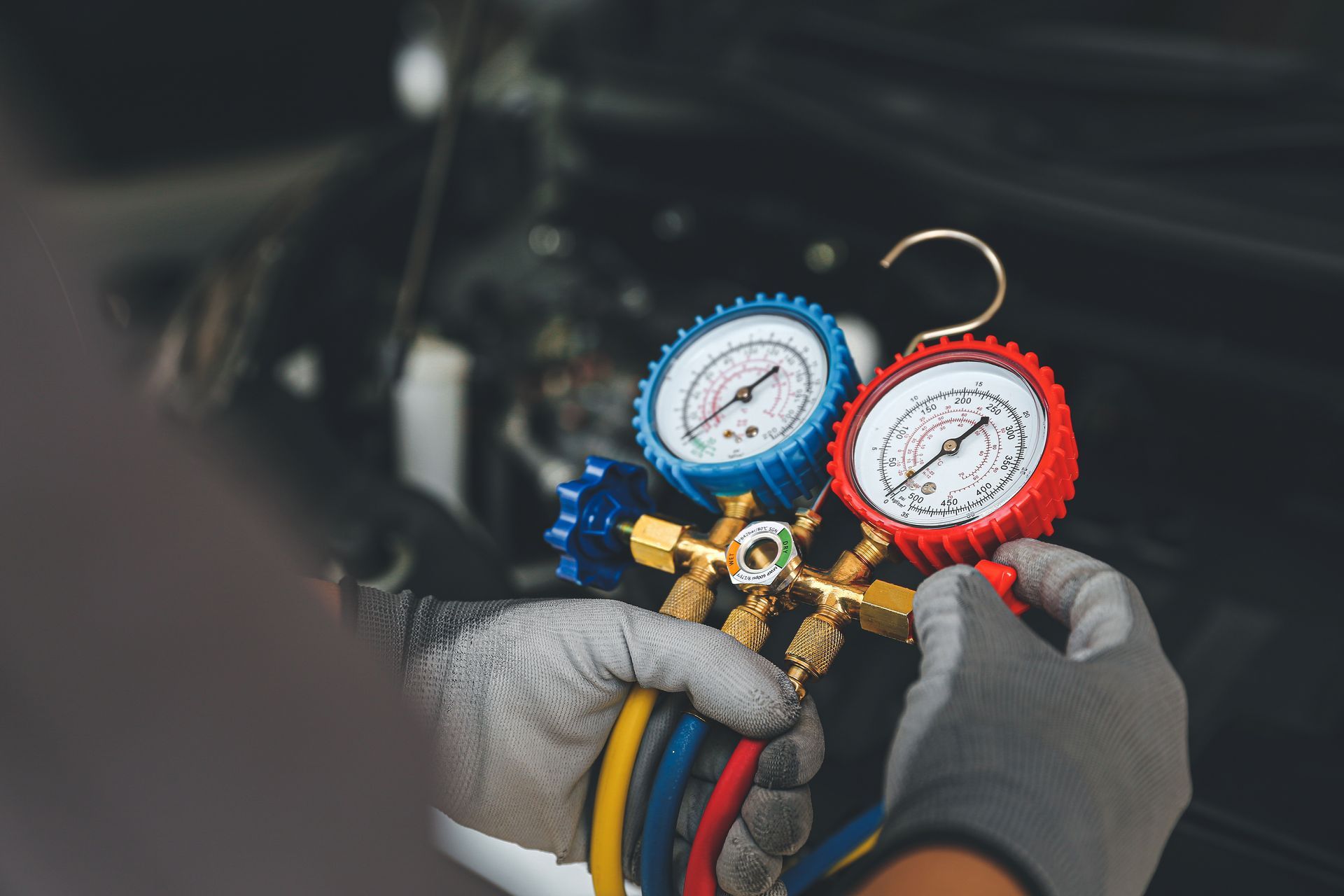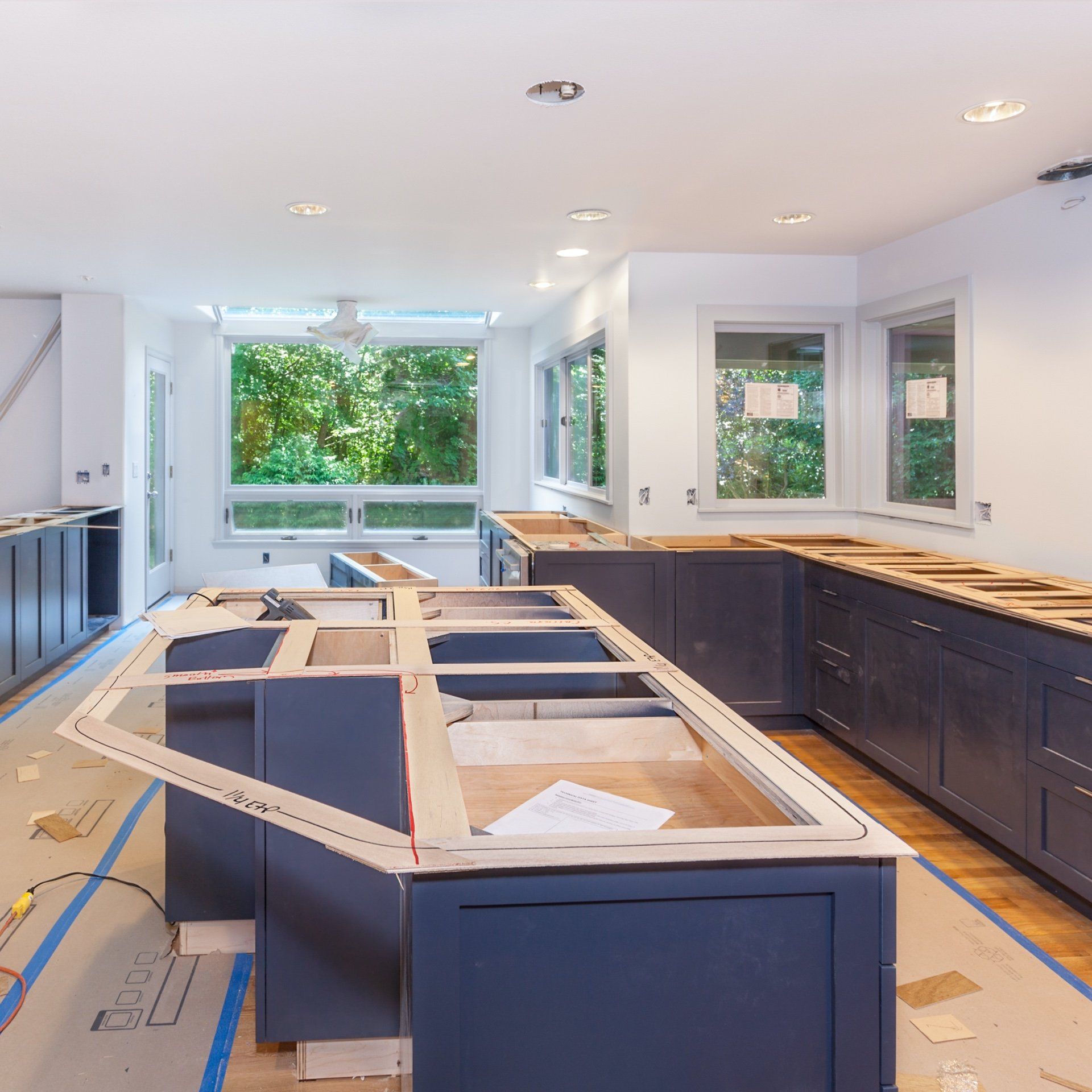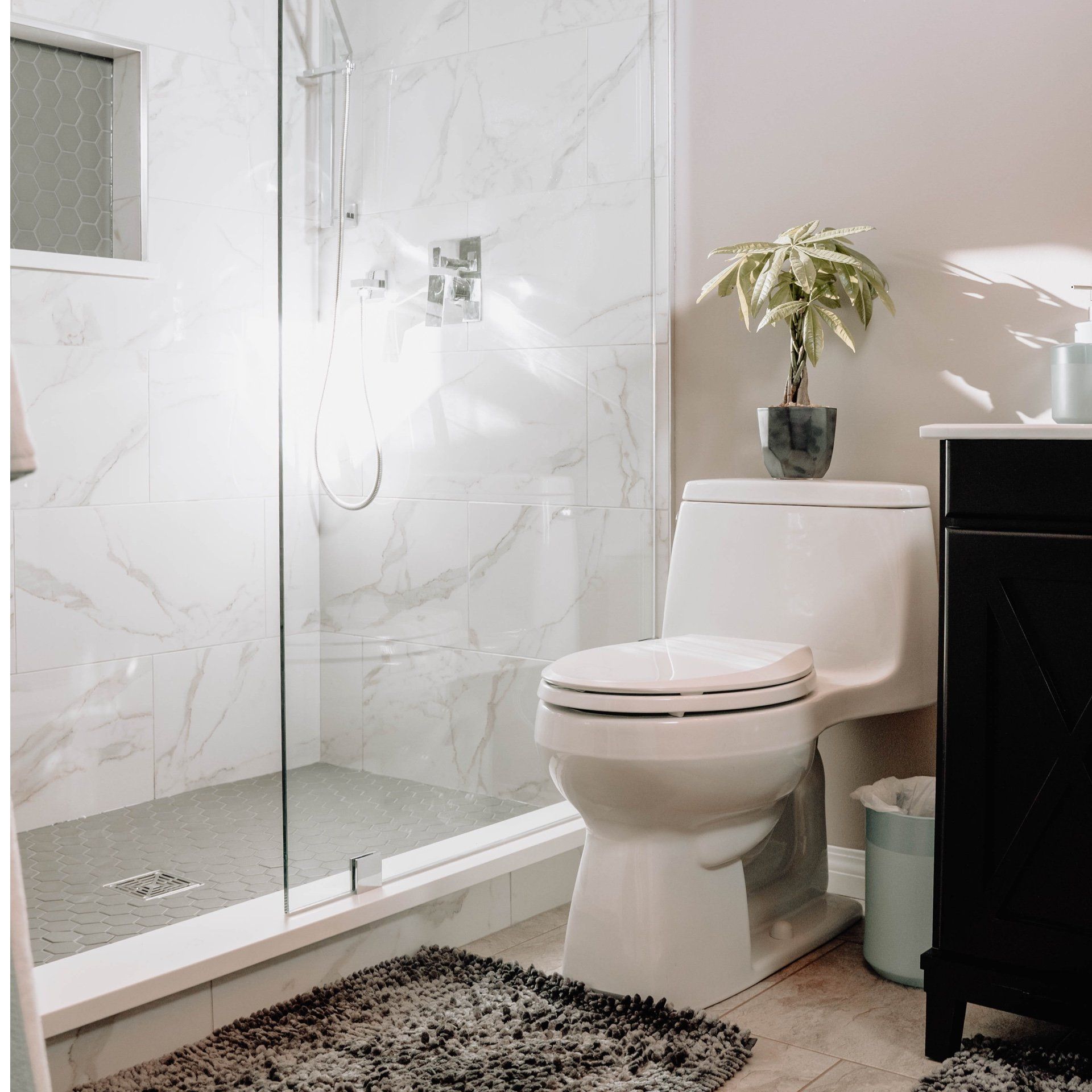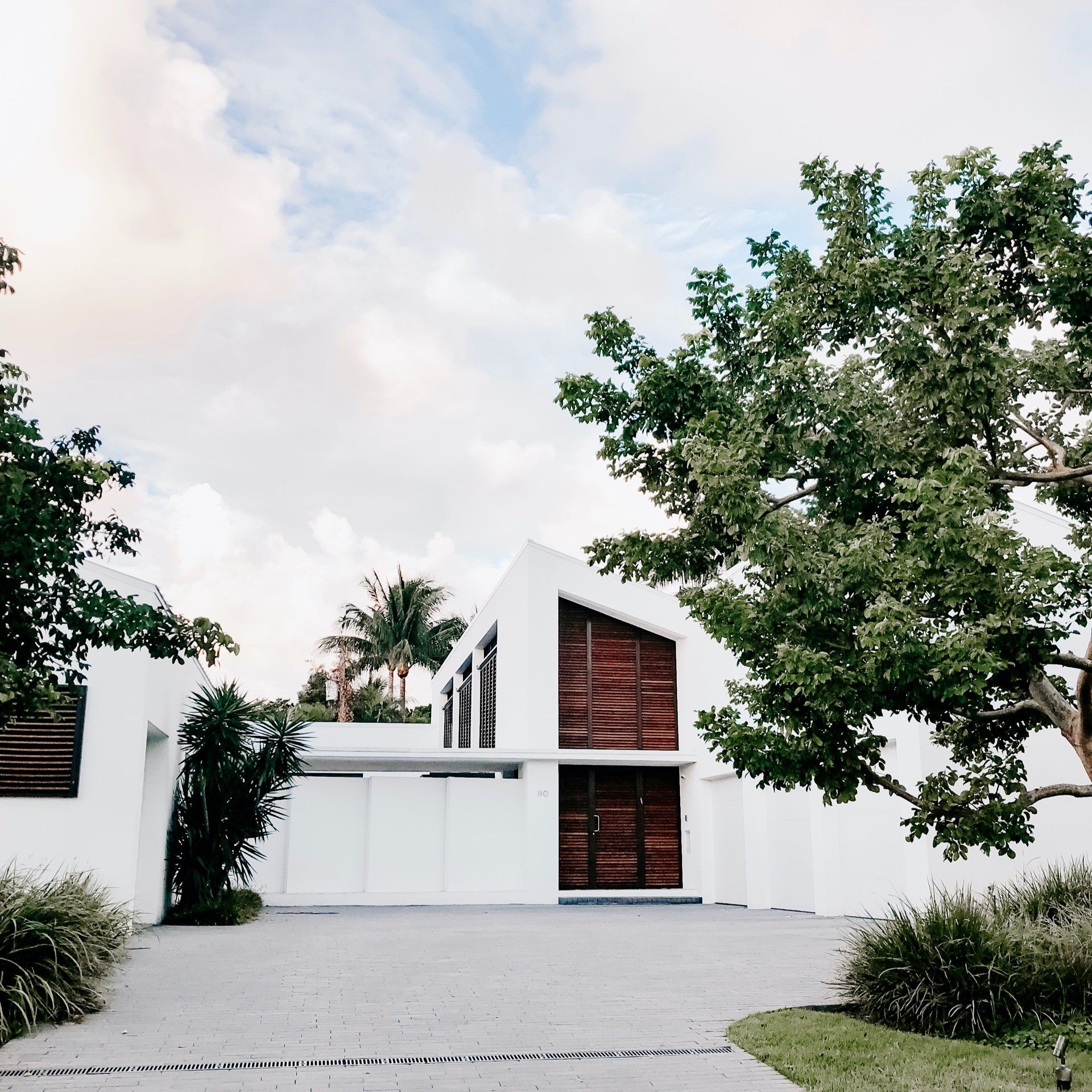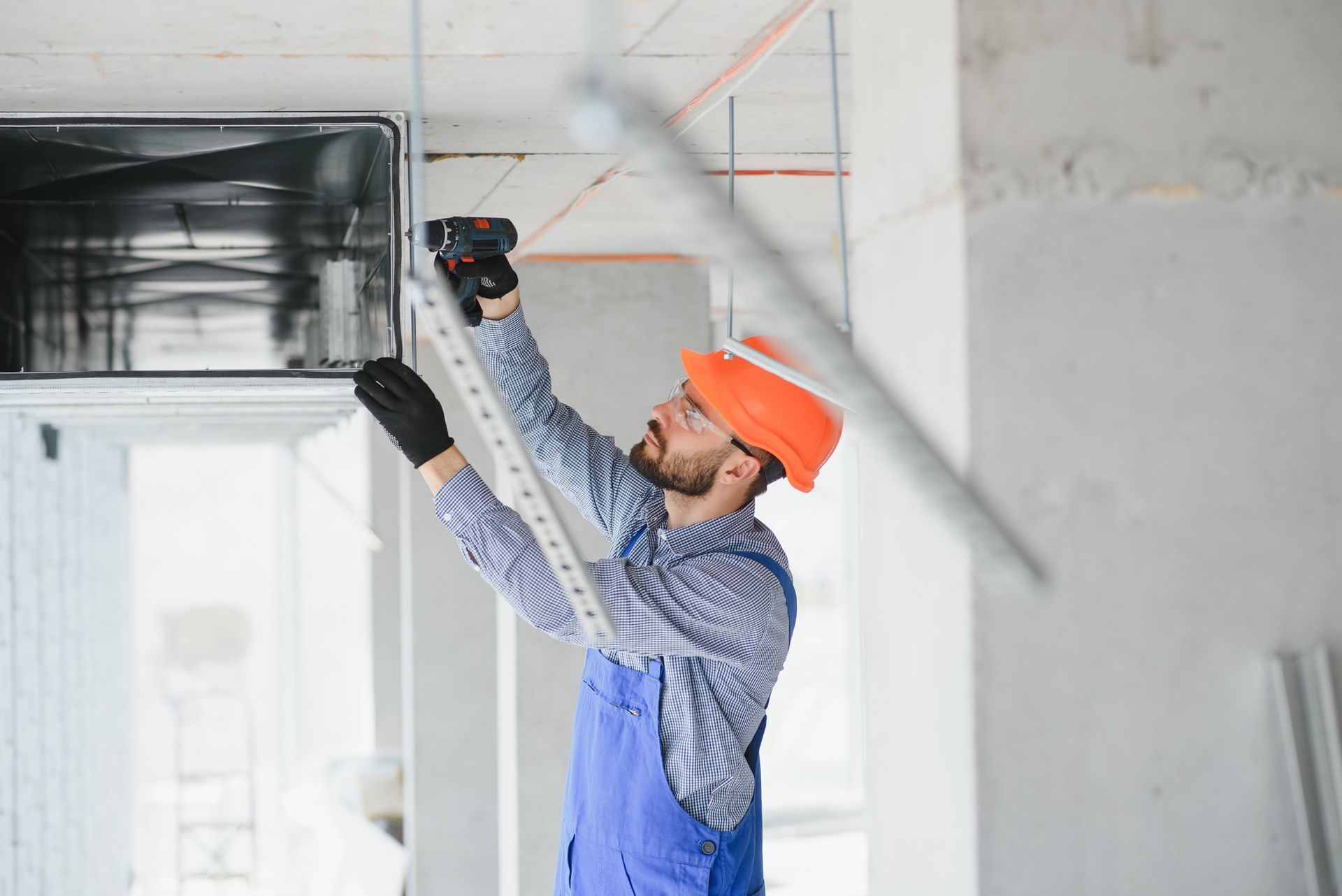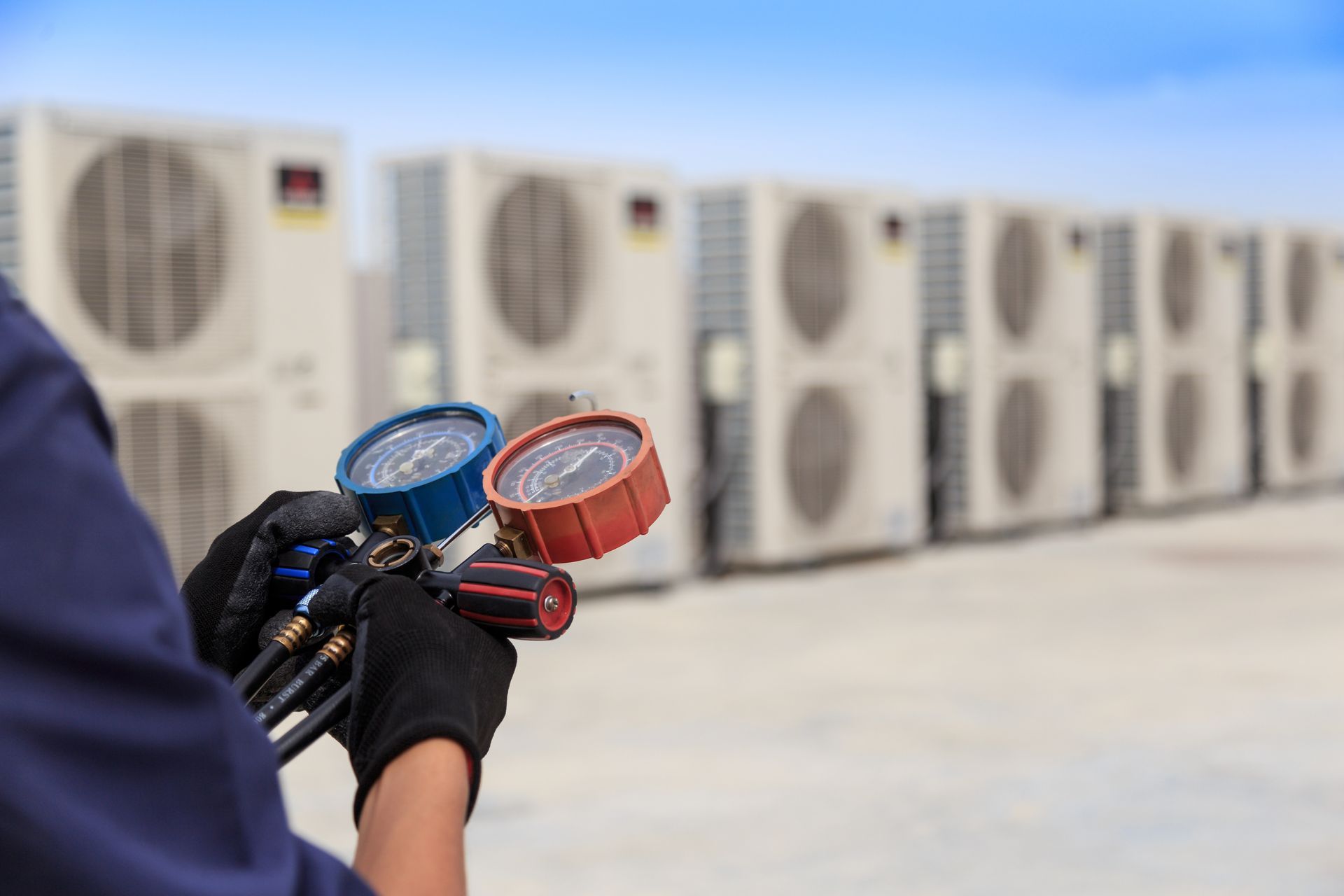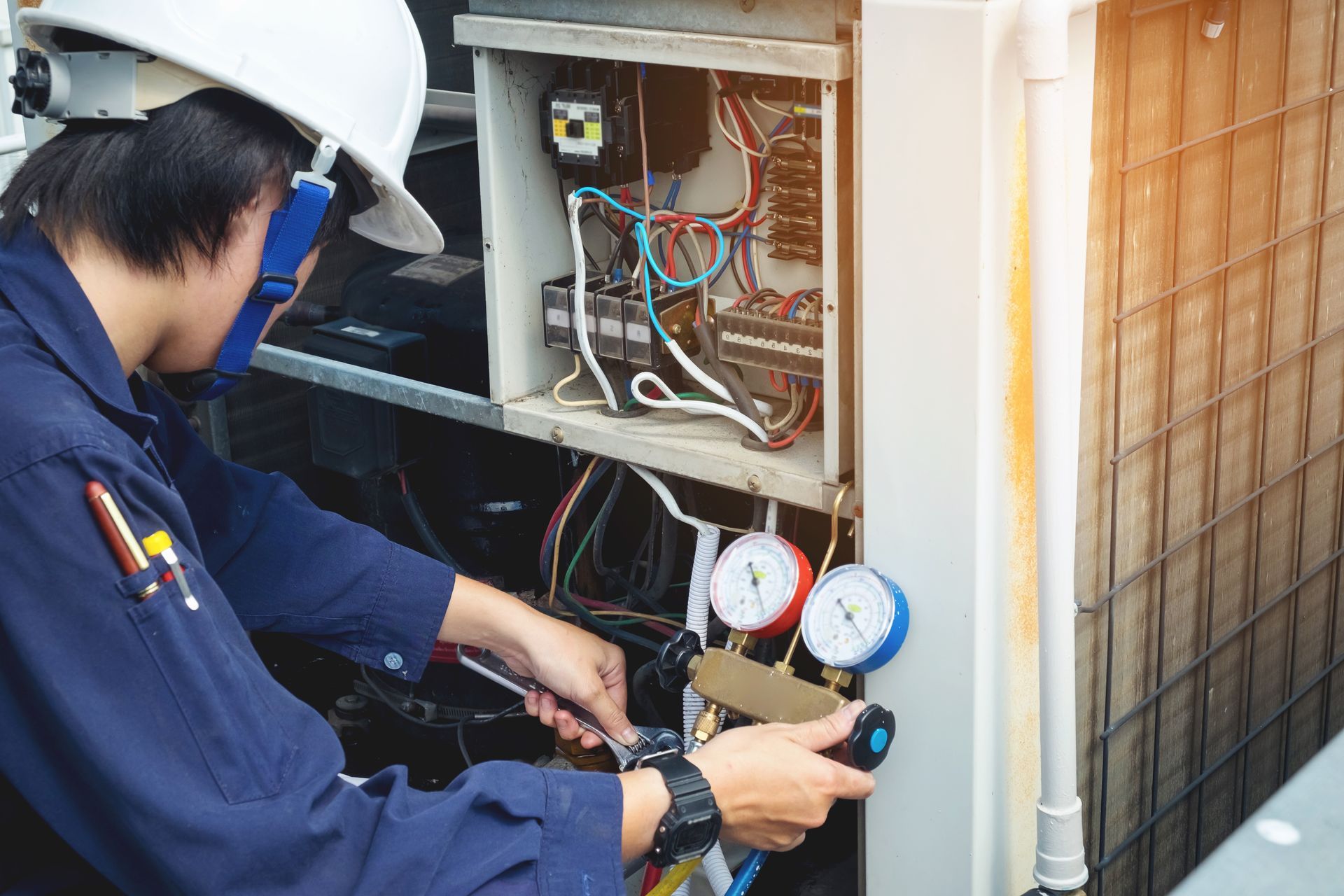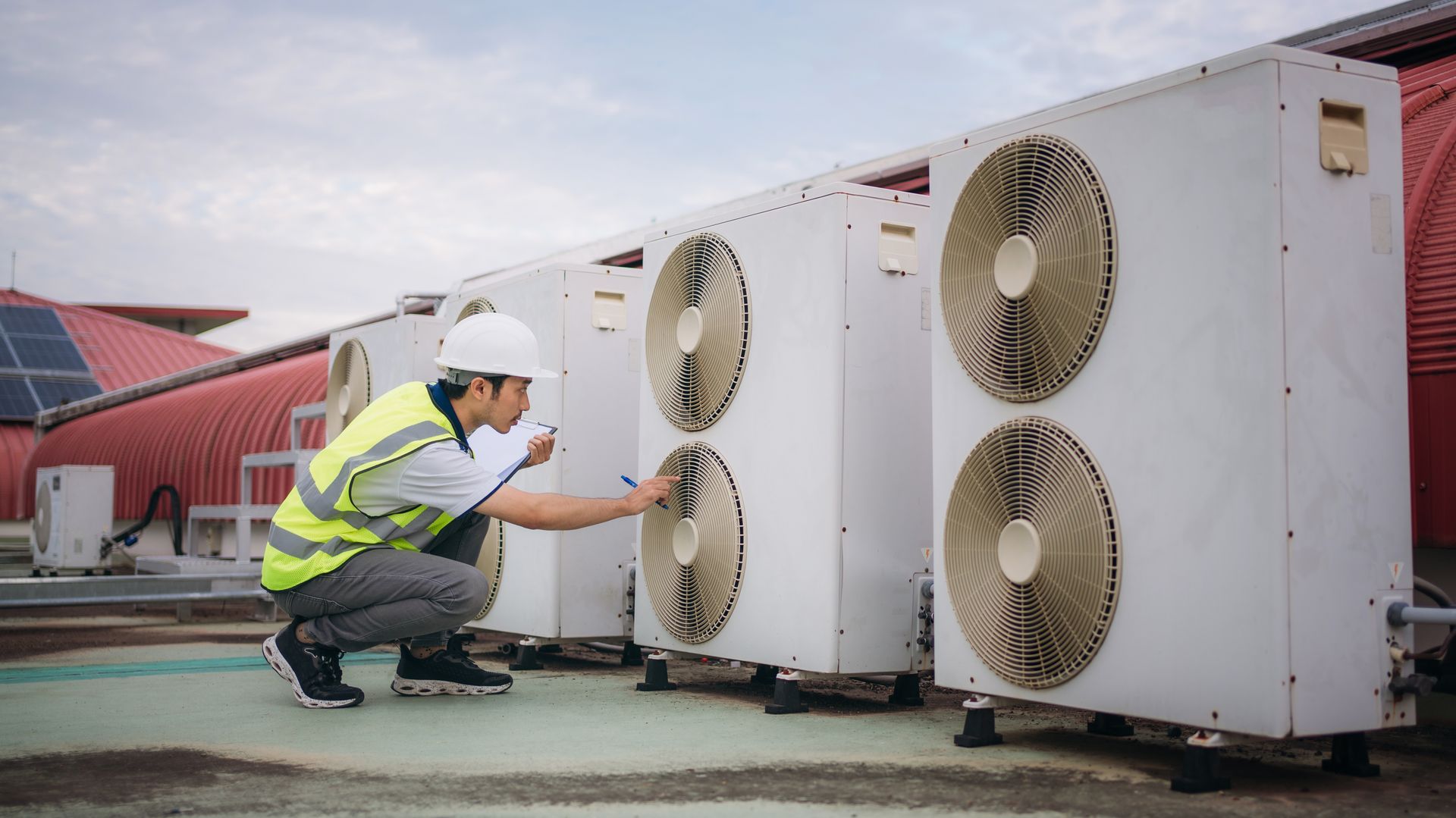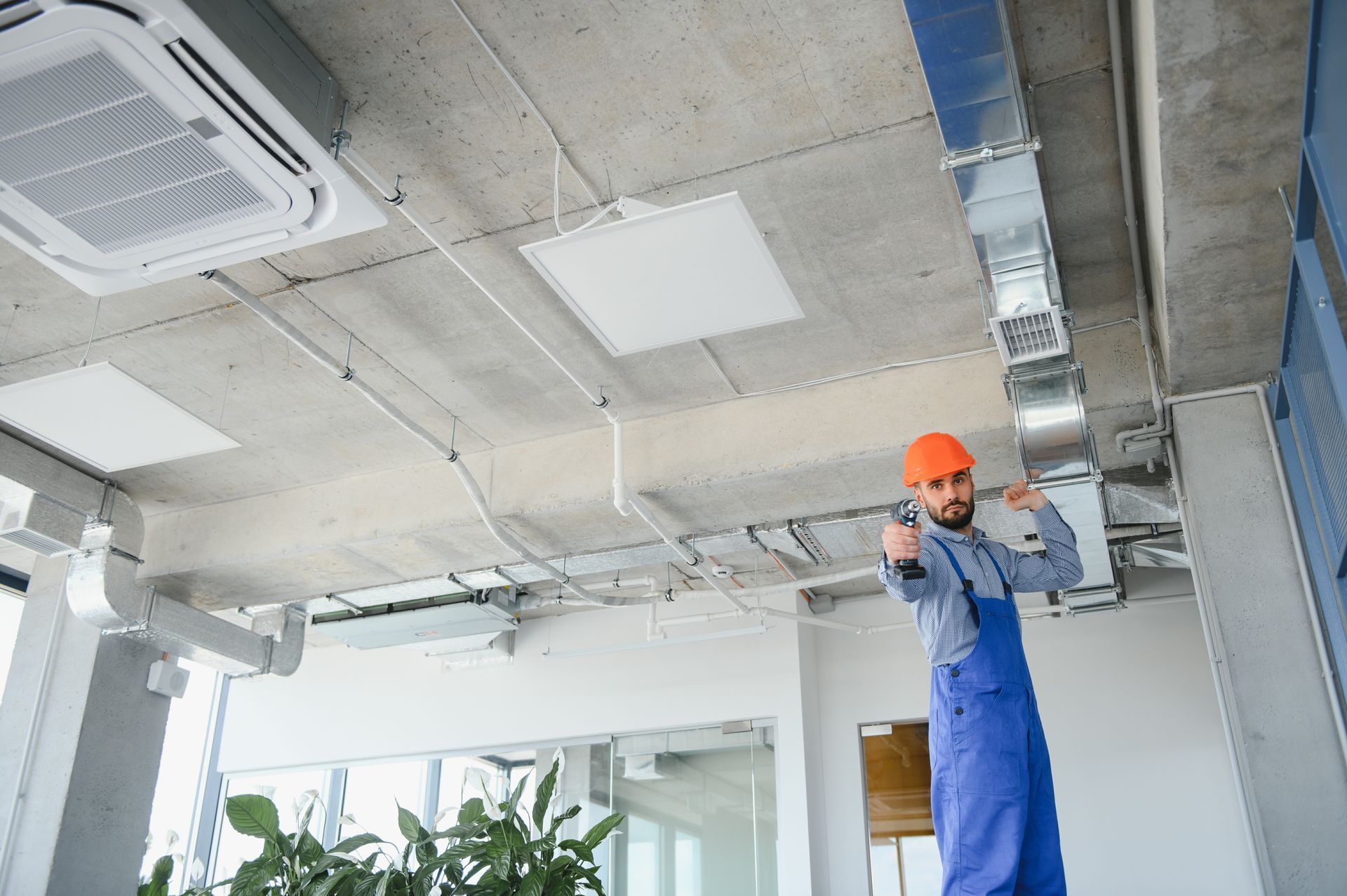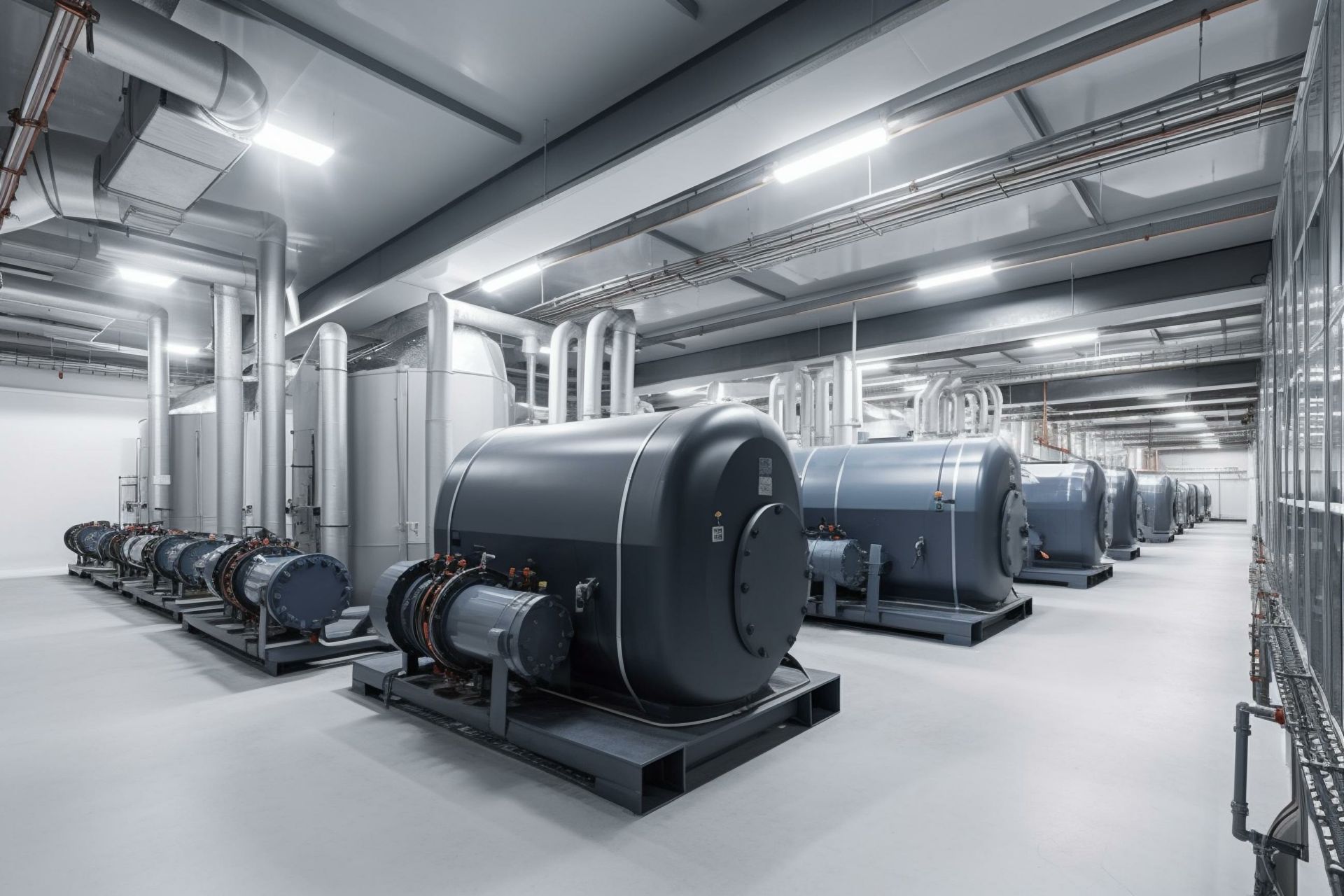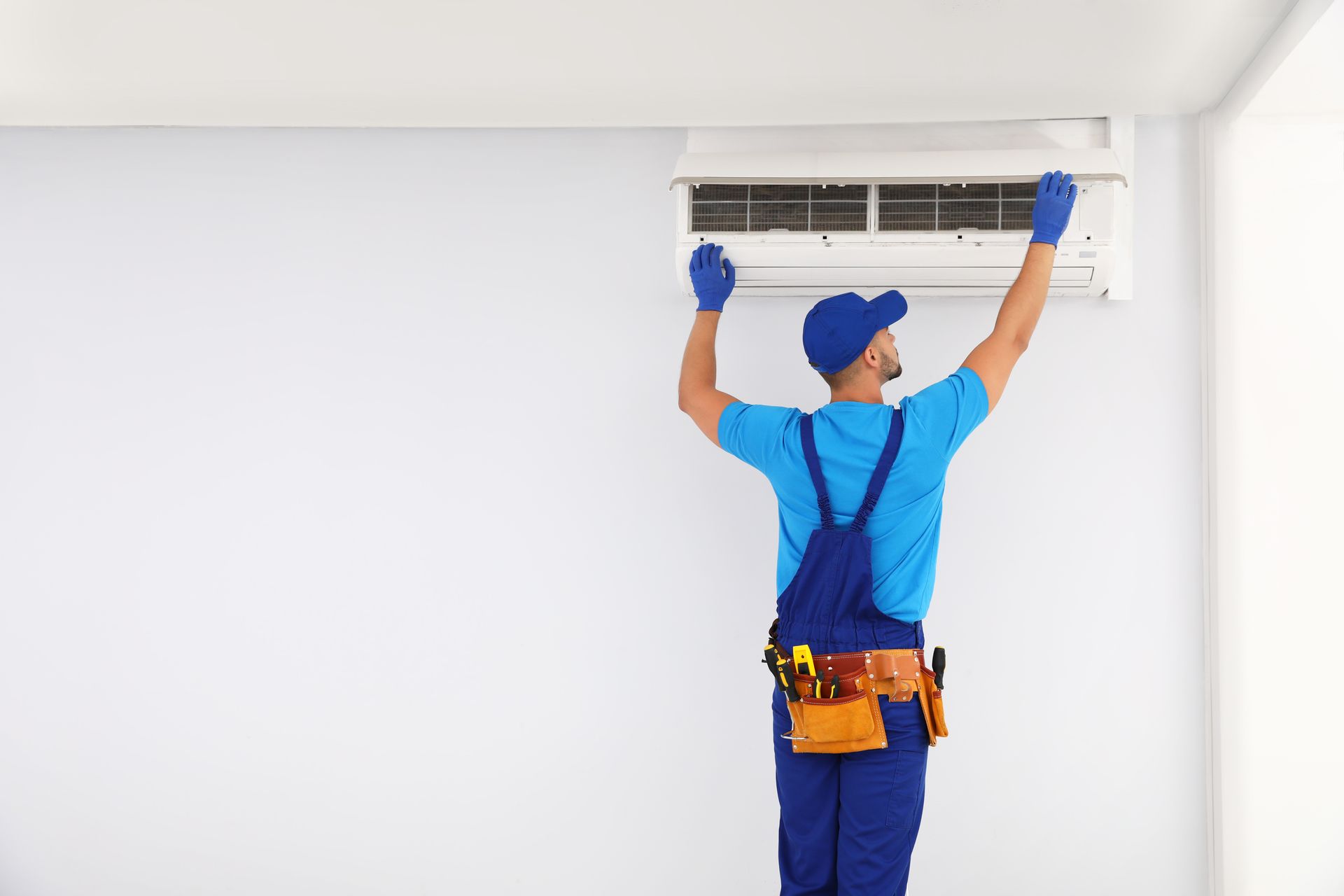Building Codes and HVAC Installation: Why Compliance Matters
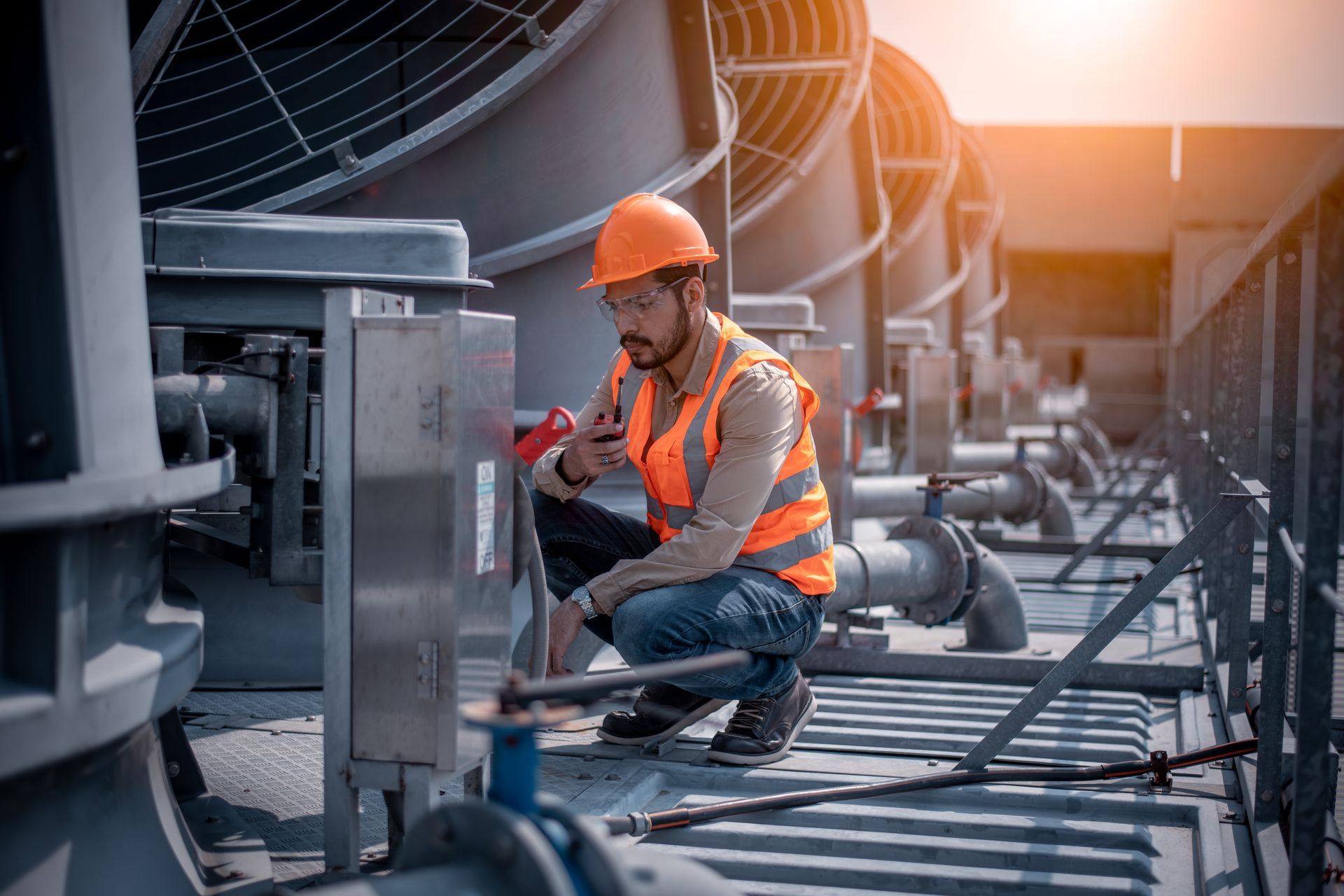
Navigating Building Codes: A Guide to HVAC Installation Compliance
Building codes exist to ensure the safety, health, and overall wellbeing of occupants within a structure. When it comes to HVAC installation, adhering to these codes is not just a legal necessity; it's also a fundamental step in securing the longevity and efficiency of your heating, ventilation, and air conditioning system. This article aims to shed light on the importance of building codes in HVAC installation and why compliance is crucial.
Understanding the Role of Building Codes in HVAC Installation
Building codes set forth the minimum requirements for safe HVAC installation. They cover aspects such as system capacity, energy efficiency, air quality, and safety measures, amongst others. These codes are established and updated by local, state, and federal authorities and are informed by industry standards and best practices.
Compliance with building codes ensures that your HVAC system is safe and efficient. It reduces the risk of HVAC-related issues like poor indoor air quality, fire hazards, and high energy consumption.
Non-compliance, on the other hand, can lead to fines, penalties, or even a requirement to redo the installation. More importantly, it can jeopardize the safety of your home or building and its occupants.
The Role of HVAC Professionals: Ensuring Compliance and Quality Installation
Professional HVAC contractors are knowledgeable about current building codes relevant to HVAC installations. They have the necessary training and experience to ensure that your HVAC system not only meets but exceeds these minimum standards.
Professionals can help guide you through the process of choosing an HVAC system that is code-compliant and fits your specific needs. They handle the installation process, ensuring the system is installed correctly, safely, and efficiently.
In addition, professional HVAC contractors often have established relationships with local building departments, which can help streamline the permit process and inspections.
DIY Dangers: Risks of Non-Professional Installations
While the prospect of installing an HVAC system on your own might seem like a way to save money, the potential pitfalls and dangers can quickly outweigh any initial savings. Non-professionals may not be aware of or understand all relevant building codes, leading to a non-compliant installation.
This not only puts your property at risk of penalties and fines but can also create potential safety hazards. Improperly installed HVAC systems can lead to poor air quality, fire hazards, or even carbon monoxide leaks.
Additionally, non-compliant installations may negatively impact your HVAC system's performance, leading to increased energy bills and a shorter lifespan for the system.
Compliance Matters: Ensuring Safety, Efficiency, and Longevity
Building code compliance is not just about following the law. It’s about ensuring your HVAC system operates safely and efficiently while delivering optimal comfort. By hiring a professional HVAC contractor, you are investing in a job done right, ensuring your system is safe, efficient, and in line with all local, state, and federal regulations.
When it comes to HVAC installation, the phrase "better safe than sorry" rings particularly true. It's better to invest in professional installation now than to face potential fines, safety risks, or inefficient operation down the line.
Ready to start your HVAC installation with the confidence that comes from knowing your project is in the hands of professionals? An HVAC technician is ready to help you navigate the installation process, ensuring that your new HVAC system is compliant, efficient, and tailored to your needs. Visit our "Contact" page to schedule your consultation today. We're committed to making your HVAC installation as seamless and stress-free as possible.
